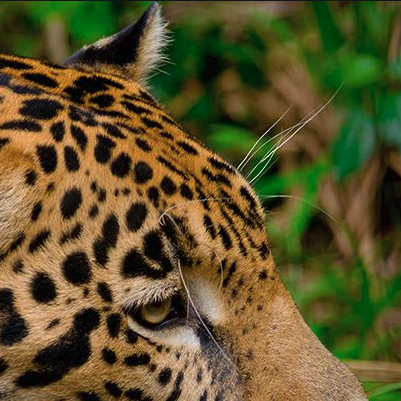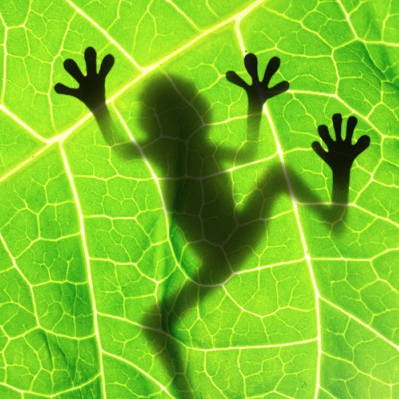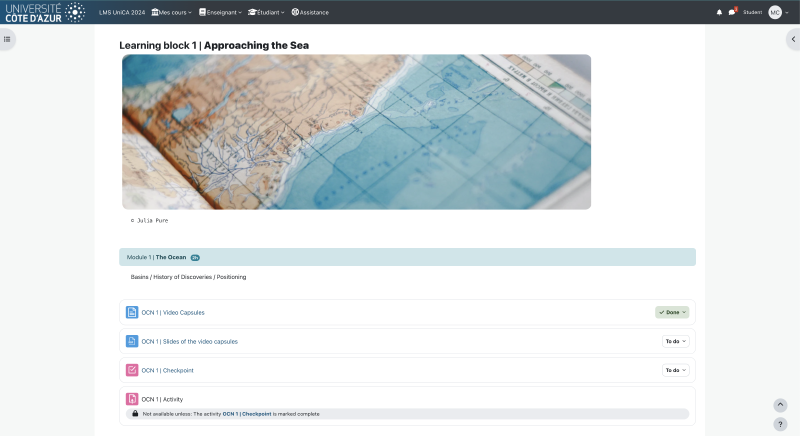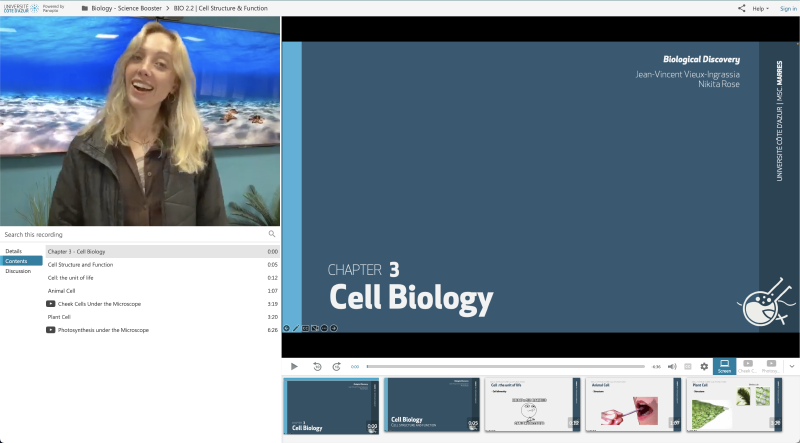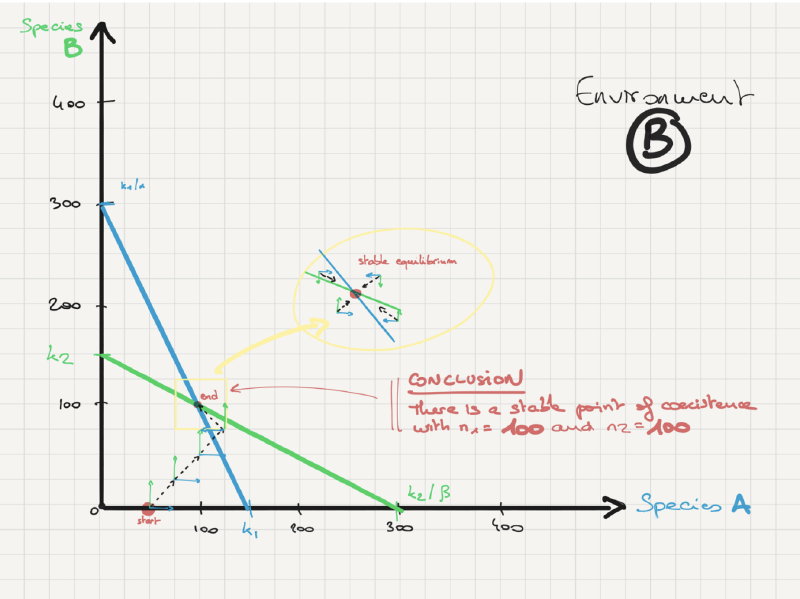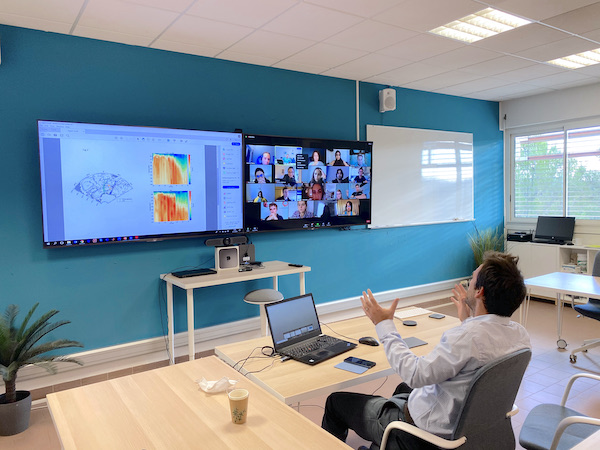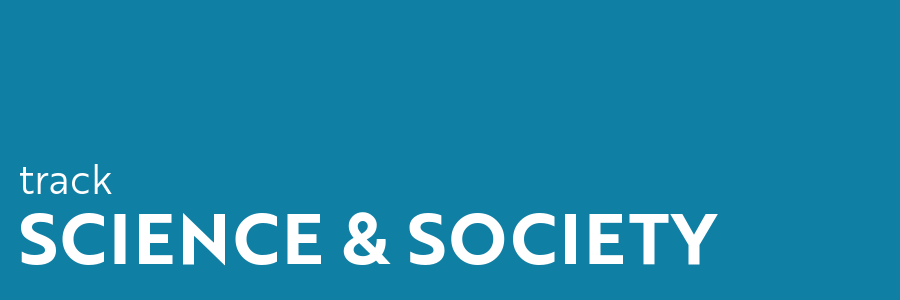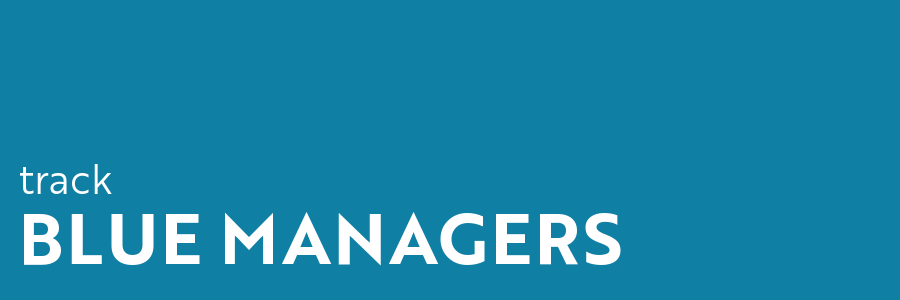MSc Ocean Science, Conservation & Innovation
Upgrade your natural science skills
This training introduces fundamental notions in natural sciences to enable students without a scientific background, or with a lack of confidence in their scientific background, to improve their knowledge of the fundamentals of natural sciences, either for their own personal development or in an attempt to join a higher education programme at Master's level in natural sciences, such as the MSc MARRES Science & Society programme.
Duration: 60h, equivalent to 5h per week if taken during 3 months. Pace can be adjusted up and down, starting at any time
Full distance learning with regular interactions with an academic coach (feedbacks on online activities and office hours)
THE PROGRAM
60h of work (video capsules, readings, interactive activities, exams) - 6 ECTSCOURSE CATALOGUE
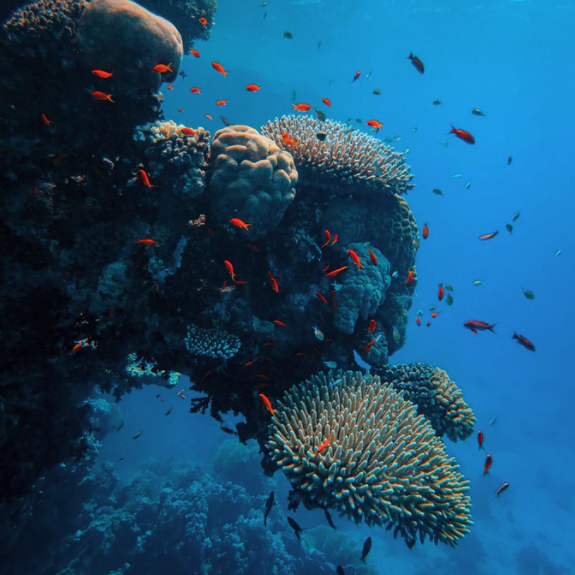
Oceanography
20h - 2 ECTS- What is Oceanography (the basins, history of discoveries, current hot topics, positioning)
- Geological Oceanography (ocean basins, marine sediments)
- Physico-chemical Oceanography (marine chemistry, tides, ocean circulation)
- Biological Oceanography (marine biodiversity, ecosystems)
Ecology
20h - 2 ECTS- Evolution & Behavioral Ecology (natural selection & genetics, extinctions, group vs. individual selections)
- Population Ecology (population dynamics & resources, ecological efficiency, species interactions, reproductive strategies)
- Community Ecology (changing population through time, biodiversity, conservation)
Biology
20h - 2 ECTS- Biological Discovery (origin of life, cell vs entropy, philosophical approach)
- Cell Biology (introduction to the microscope, cell structure & function, cell ultrastructure)
- Genetics (DNA structure, replication & profiling, protein synthesis, genetic inheritance)
- Diversity & Classification (bacteria and archaea, fungi, protozoa & chromista, plants, animals)
LEARNING STRATEGY
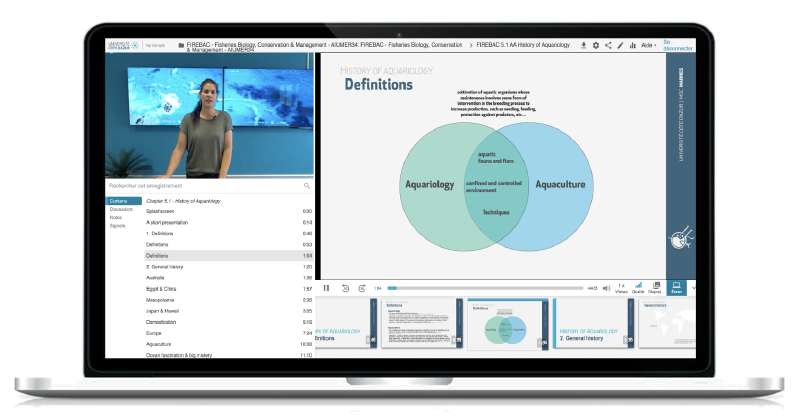
Each discipline proposes a personalized learning path thanks to learning blocks combining video clips, interactive activities, checkpoints to test knowledge acquisition and assignments. Forums allow students to exchange together and a tutoring is provided by a member of the MARRES team.
The level-up training is a fully asynchronous program that can be taken at any time and at your own pace. Students unlock the activities as they progress through the module. We recommend targeting the spring and early summer period to best prepare the "Science & Society" track
- E-learning platform
-
Like many other international universities, we have chosen Moodle as our primary e-learning platform. All our modules are fully deployed on there: all course documents, activities, workshops, exams, grades...
All our other digital tools are aggregated on Moodle. - Video capsules
-
The lessons are provided through short video capsules, one video capsule = one topic. These materials are actually more than simple videos. The Panopto platform offers menus by slide, by topic, to search for key words, to adjust the size of the different windows, to take notes synchronized with the video, to engage in a discussion with the other students. Instructors can choose to directly insert external content such as videos and short quizzes for additional interactions.
- Online activities
-
Video capsules alternate with online activities
-
each topic also proposes a checkpoint to assess knowledge acquisition and prepare for the exams.
-
concepts are tested and applied practically with at-home experiments to test the properties of water, by using a tectonic plate simulator to reproduce the formation of oceanic basins, or analytically representing the competition between different animal species to be reintroduced in a reserve
-
journal clubs (read and explain articles through an oral presentation) in Ecology & Oceanography allows to develop the scientific thinking and connect fundamental concepts to present-day research.
-
- Coaching
-
Students in the Level Up program are supervised by a member of the MARRES team who monitor personal progression, gives feedback on the activities, and regularly exchanged by email or video chat.

















